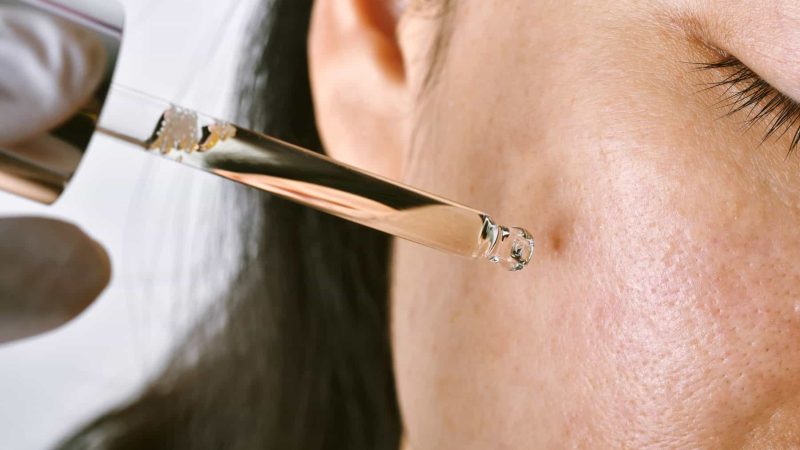Salicylic Acid plays a key role in skincare and as such is used in various skincare routines to ensure that targeted results are achieved. It is used to treat psoriasis and other dry, scaly skin conditions because of its gentle exfoliating effect.
Salicylic acid is a beta hydroxy acid that is effective in clearing pores as it goes deep to eliminate oil from the skin. It reduces inflammation and exfoliates the skin
It is derived from the willow bark tree, a plant that has several skin-soothing effects. It appears as a colorless, odorless, crystalline organic acid.
Because salicylic acid keeps pores clean and unobstructed, it stops whiteheads and blackheads from rearing their ugly heads in the future.
Benefits of Salicylic Acid
- It helps to fight acne
- It removes dead skin cells
- It decreases oil production
- Helps reduce dandruff.
- It tones down inflammation and redness.
- Reduces occurrence of blackheads and whiteheads
Who Can Use the Salicylic Acid Treatment?
People who are prone to acne and have oily skin would usually find this acid in their skincare routine and that’s because of all the key properties of the acid.
People with dry or sensitive skin should avoid using it as it could further dry out and irritate the skin.
You might be wondering what salicylic acid is contained in. You will find it in cleansers, toners, spot treatments, masks and make up.
Uses, Precautions and Side Effects
As usual, clients must let their skincare professional know of any existing allergies in addition to whatever skin report the professional profiles. For those with dry, eczema prone or sensitive skin, the drying ingredient could be too harsh and lead to irritation.
You should discuss with your Esthetician on how often you should use a salicylic acid treatment. Bear it in mind that no two persons are the same as there are different skin types and reactions.
Therefore, application, usage and reactions will certainly differ. Do not always pay attention to what is written (directions for use) on the products, as you will need the guidance of your skincare professional on how frequently to apply it.

